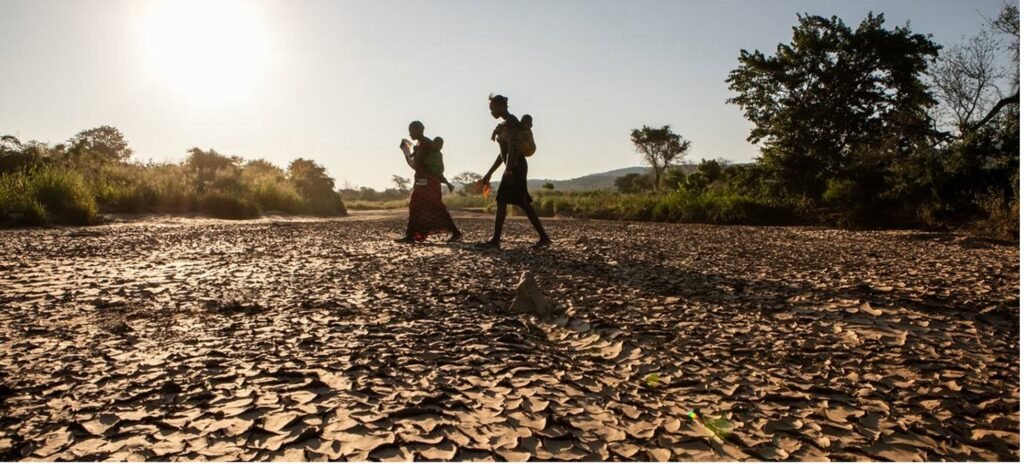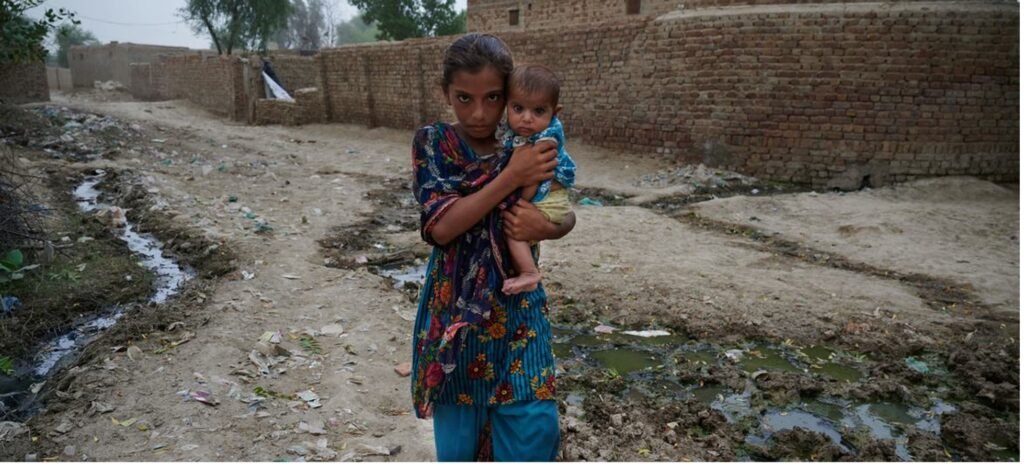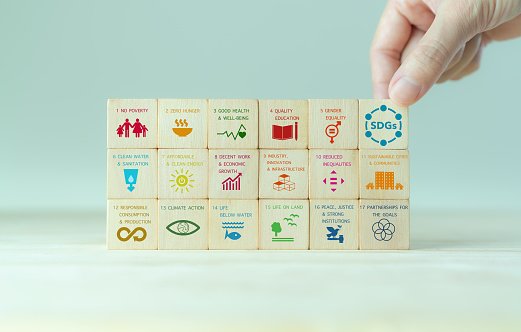UN forum in Bahrain endorses declaration on entrepreneurship and innovation for the SDGs

UN News/Abdelmonem Makki
The importance of innovation in tackling environmental and socioeconomic issues and promoting sustainable development is highlighted in the fifth Manama Declaration, which was released during the 2024 World Entrepreneurship Investment Forum (WEIF) in Bahrain. As delegates prepared for the UN Summit of the Future, UN Secretary-General António Guterres urged them to use entrepreneurship for the benefit of the world. Emphasizing inclusiveness, the forum demonstrated how technology supports individuals with disabilities. For the 15% of people in the Arab world who are disabled, Hashim Hussein of UNIDO highlighted the significance of innovation. Technology can empower disabled populations, as illustrated by businesspeople like Olfa Dabbabi of OLFUS and Tarek Salem of AccessLife. While Dabbabi uses digital art to fight bullying and encourage self-acceptance, Salem’s platform offers medical supplies and self-reliance education. The Manama Declaration aims to boost employment and stimulate economic growth by utilizing the creative economy, digital transformation, and smart farming. The SDGs must be accomplished by 2050, and it calls for international collaboration between governments, businesses, academic institutions, and civil society. A resolution to halt hostilities and assist women and young people in post-conflict regions is also included in the declaration that will be delivered to the UN General Assembly.
Papua New Guinea landslide: 670 feared dead, says UN migration agency

IOM/ Mohamud Omer
After a catastrophic landslip, Yambali village in the Enga Province of Papua New Guinea is buried beneath six to eight meters of earth. Over 150 houses have been buried as a result of the tragedy, which is a considerable increase over the previous estimates. An estimated 670 people are thought to be trapped beneath the soil, and the likelihood of discovering survivors is decreasing. Approximately 1,000 people have been displaced by the landslip, and more deaths are anticipated. Rescue operations are dangerous because of the constant flow of water, terrain slippage, and falling boulders that put relief workers in danger. Six IOM relief workers are on the scene looking for bodies with improvised instruments like spades and sticks, together with staff from other UN organizations, NGOs, and government offices. Communications to and from the location have been hampered, according to the UN Office in Papua New Guinea. The UN, police, public works and health departments, the Defence Force, and local disaster offices have formed an Emergency Response Coordination Team to oversee relief operations. At first, food, shelter, and medical supplies were found to be urgently needed. In order to meet the needs of individuals affected, the UN is closely observing the situation and collaborating with partners and law enforcement.
Droughts and floods threaten ‘humanitarian catastrophe’ across southern Africa

© UNICEF/Karin Schermbrucker
El Niño-induced droughts have left Southern Africa in the throes of a humanitarian disaster. In areas where 70% of people live off agriculture, the droughts ruined the harvests. The sharp drop in maize crops has put millions of people at risk of starvation. The worst-affected nations are Malawi, Zimbabwe, and Zambia, all of which have declared disasters due to drought. In order to feed 4.8 million people in these nations for the next six months, the World Food Programme (WFP) is requesting $409 million in international help. Even while the weather pattern itself is ending, El Niño’s effects are predicted to continue for months. In order to help people get ready for climate disasters, WFP has already been collaborating with partners and governments. In Lesotho, Madagascar, Mozambique, and Zimbabwe, they gave agricultural training, dispersed seeds resistant to drought, and issued early warnings. The WFP has implemented these measures, yet there is still a significant funding gap. The international community must act quickly to save millions of people from having to wait until the next crop season to get food.
‘Critical gaps’ in understanding climate change fuel tropical disease spread

© UNICEF/Shehzad Noorani
Rising temperatures and shifting weather patterns are drastically affecting the transmission of vector-borne diseases, especially chikungunya, dengue, and malaria, according to a World Health Organisation (WHO) study conducted in collaboration with Reaching the Last Mile (RLM). Expanding geographic ranges of disease vectors, such as mosquitoes, raises the danger of bringing these diseases to new places, disproportionately affecting disadvantaged groups, according to a study that evaluated peer-reviewed studies from January 2010 to October 2023. Just 34% of the examined papers addressed mitigation, and only 5% focused on adaptation, indicating a serious paucity of evidence on mitigating and adapting to these health concerns. The Director of WHO’s Global NTD Programme, Ibrahima Socé Fall, emphasized the need for more thorough, cooperative, and standardized models to anticipate and lessen the negative effects of climate change on human health. According to the analysis, dengue and chikungunya vectors will continue spreading their range, while malaria transmission will shift towards higher elevations and poles. More than a billion people are afflicted by neglected tropical diseases (NTDs), which include ailments including trachoma, leprosy, rabies, and Chagas disease. The report urges quick action to preserve and build upon the 20 years of progress in health.
References
https://news.un.org/en/story/2024/05/1149791
https://news.un.org/en/story/2024/05/1150246



